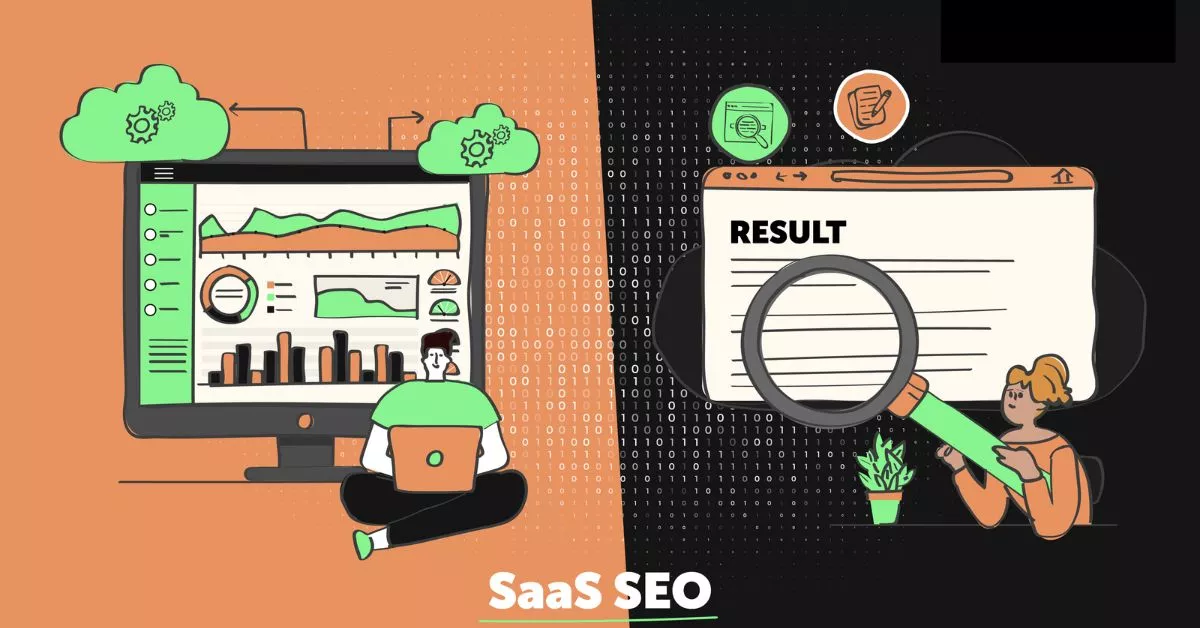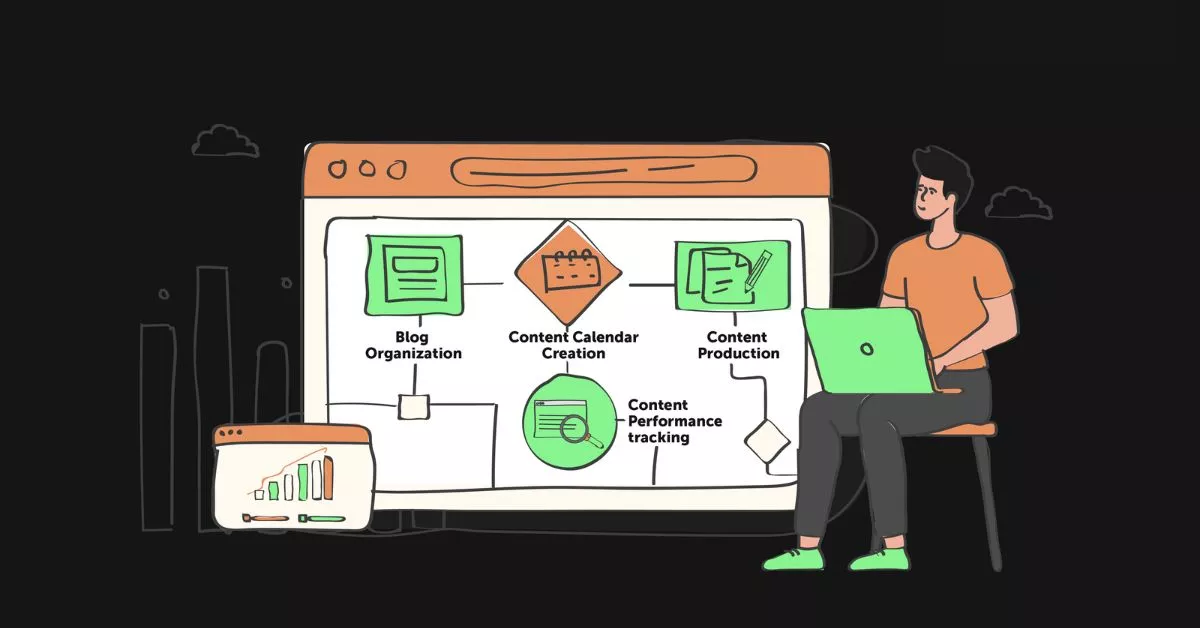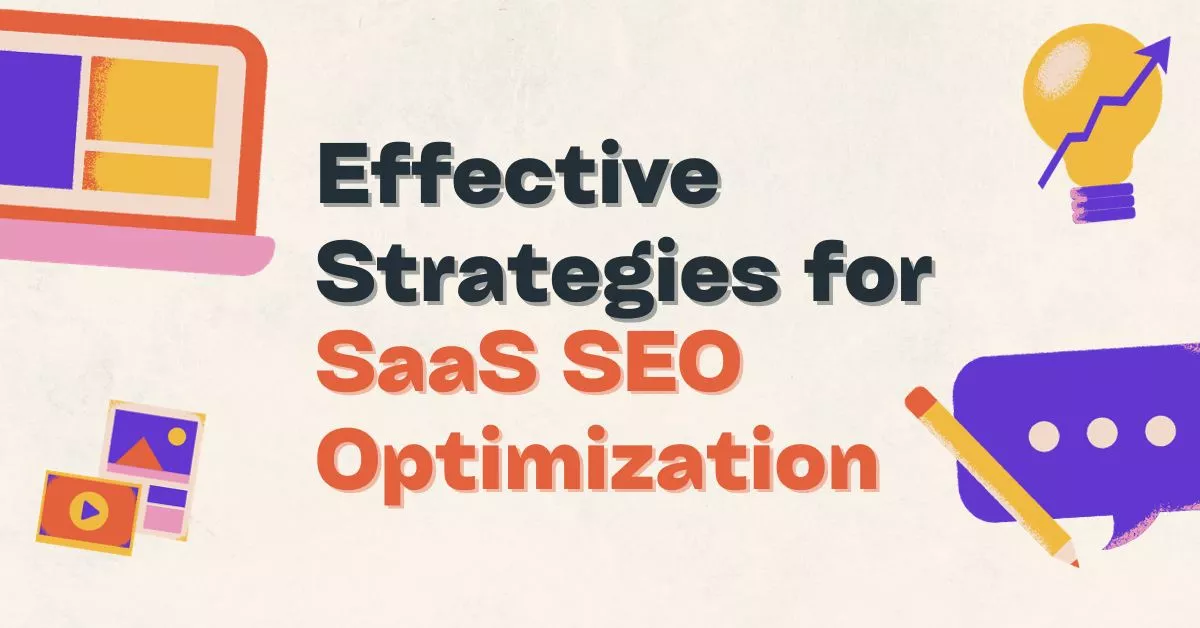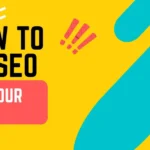In today’s competitive digital landscape, SaaS (Software as a Service) companies face the challenge of standing out from the crowd and attracting new customers. Search Engine Optimization (SEO) plays a crucial role in this endeavor, as it helps businesses improve their online visibility and reach their target audience more effectively.
However, optimizing for SaaS SEO can be a complex undertaking, requiring a strategic approach that considers the unique nuances of the SaaS industry.

Understanding the SaaS SEO Landscape
SaaS SEO differs from traditional SEO in several ways. For instance, SaaS companies often deal with a more complex customer journey, involving multiple decision-makers and a longer sales cycle. Additionally, SaaS products are often intangible and require more explanation to potential customers. These factors necessitate a more tailored SEO approach that focuses on building brand awareness, educating potential customers, and nurturing leads through the sales funnel.
Key Strategies for SaaS SEO Optimization
To achieve success in SaaS SEO, it’s essential to implement a comprehensive strategy that encompasses various aspects of your online presence. Here are some key strategies to consider:
1. Keyword Research and Targeting:
- Identify relevant keywords that potential customers use to search for solutions like yours.
- Prioritize long-tail keywords that indicate a deeper understanding of the searcher’s intent.
- Use keywords strategically throughout your website content, including product descriptions, blog posts, and landing pages.
2. Content Optimization:
- Create high-quality, informative content that addresses the pain points and interests of your target audience.
- Establish yourself as a thought leader in your industry by producing insightful blog posts, whitepapers, and case studies.
- Optimize your content for search engines by incorporating relevant keywords and meta descriptions.
3. Technical SEO:
- Ensure your website has a well-structured navigation system that allows search engines to easily crawl and index your pages.
- Optimize your website’s loading speed to provide a positive user experience and improve ranking signals.
- Use mobile-friendly responsive design to cater to the growing mobile user base.
4. Link Building:
- Acquire high-quality backlinks from reputable websites to enhance your website’s authority and credibility.
- Engage in guest blogging opportunities to reach a wider audience and build relationships with influencers.
- Build relationships with industry partners and publications to secure backlinks and mentions.
5. On-Page Optimization:
- Optimize your website’s title tags, meta descriptions, and header tags to accurately represent your content and attract searchers.
- Use images with proper alt text to improve accessibility and search engine visibility.
- Structure your content with clear headings and subheadings to enhance readability and search engine indexing.
6. Conversion Rate Optimization (CRO):
- Analyze your website’s user behavior to identify areas for improvement that can enhance conversions.
- Optimize your landing pages with clear calls-to-action and persuasive messaging.
- A/B test different page elements to determine the most effective design and messaging for conversions.
7. Analytics and Measurement:
- Track your website traffic, keyword rankings, and conversion rates using analytics tools like Google Analytics.
- Analyze data regularly to identify trends, measure the effectiveness of your SEO efforts, and make data-driven decisions.
- Stay up-to-date with the latest SEO trends and algorithm updates to ensure your strategies remain effective.

Conclusion
SaaS SEO optimization is an ongoing process that requires continuous effort and adaptation. By implementing a comprehensive strategy that encompasses keyword research, content optimization, technical SEO, link building, on-page optimization, conversion rate optimization, and analytics, SaaS companies can effectively navigate the digital landscape, attract new customers, and achieve sustainable growth.
Remember, SEO is a marathon, not a sprint. With dedication, perseverance, and a data-driven approach, you can harness the power of SEO to propel your SaaS business to new heights of success.
FAQs for SaaS SEO Strategies:
Why is content crucial for SaaS SEO?
Content educates users about your SaaS solution, establishes authority, and draws organic traffic through valuable, informative resources.
How can SaaS companies improve technical SEO?
Focus on website speed, mobile optimization, structured data markup, and URL optimization for enhanced technical SEO performance.
What role do backlinks play in SaaS SEO strategies?
Backlinks from authoritative sites boost SaaS website credibility and organic search rankings, positively impacting SEO performance.
Should SaaS companies prioritize mobile optimization?
Absolutely. With the increasing mobile user base, mobile optimization is vital to cater to users on various devices, enhancing overall SEO performance.
How often should SaaS SEO strategies be updated or revised?
Regularly review and update SEO strategies to adapt to changing algorithms, user trends, and technological advancements, ensuring sustained performance.










